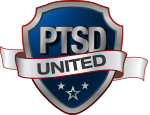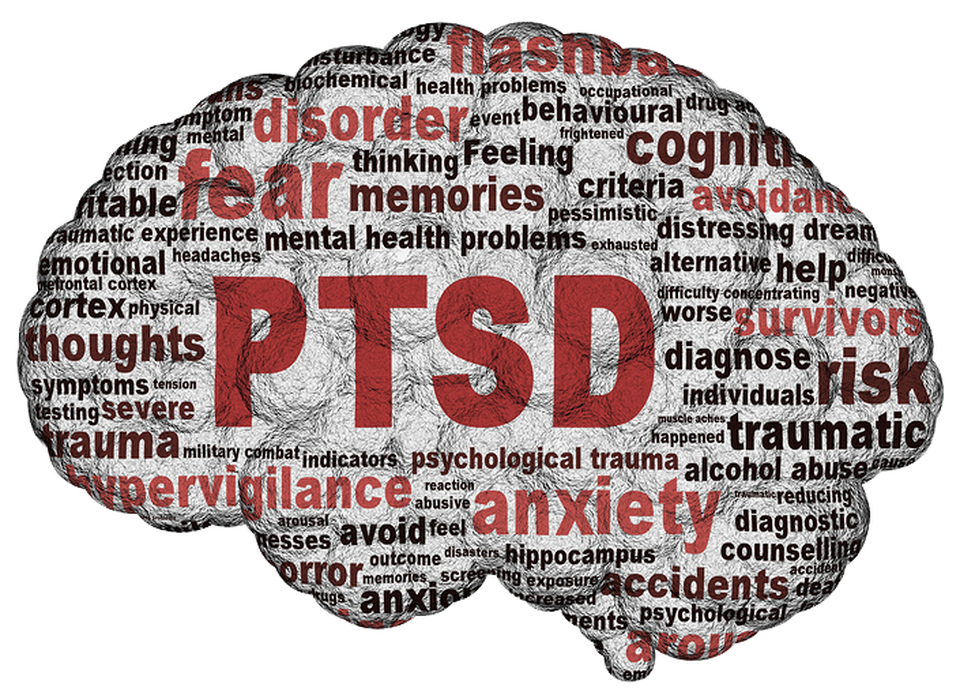The Post Traumatic Stress Disorder (PTSD), being hosted in today’s review, refers to a mental state disorder, usually created following a traumatic event, a severe shock, or a disturbing condition provoked by a psychology shock.
Symptoms of a similar condition may include frightening thoughts, uncontrolled psychology, severe anxiety, sleep problems, and flashbacks.
For example, Post Traumatic Stress Disorder (PTSD) is a common phenomenon for soldiers returning from war. The traumatic images they were confronted with, the intense stress and the difficult situations and decisions which have been called to apply in the battlefield often trigger this kind of psychological problem.
Most persons suffering from a similar condition – though experience significant temporary difficulties – eventually manage to cope with the disorder and have a normal life again.
Certainly, this requires a great deal of self-care, support from specialists (psychologists / psychiatrists) and support from their home environment.
However, there are also cases of patients showing no signs of improvement over the course of time. Indeed, some of them are heading towards increasingly “dark” states of disturbed psychology.
So when this condition begins to run for months or even years, then we are clearly talking about the Post-Traumatic Stress Disorder (PTSD), rather than a transient disorder of psychology.
In this case, medical follow-up and certainly an appropriate treatment (suggested by the medical doctor following examination), is important for limiting the symptoms and improving the life quality of the person involved.
Post Traumatic Stress Disorder (PTSD) – Basic Symptoms
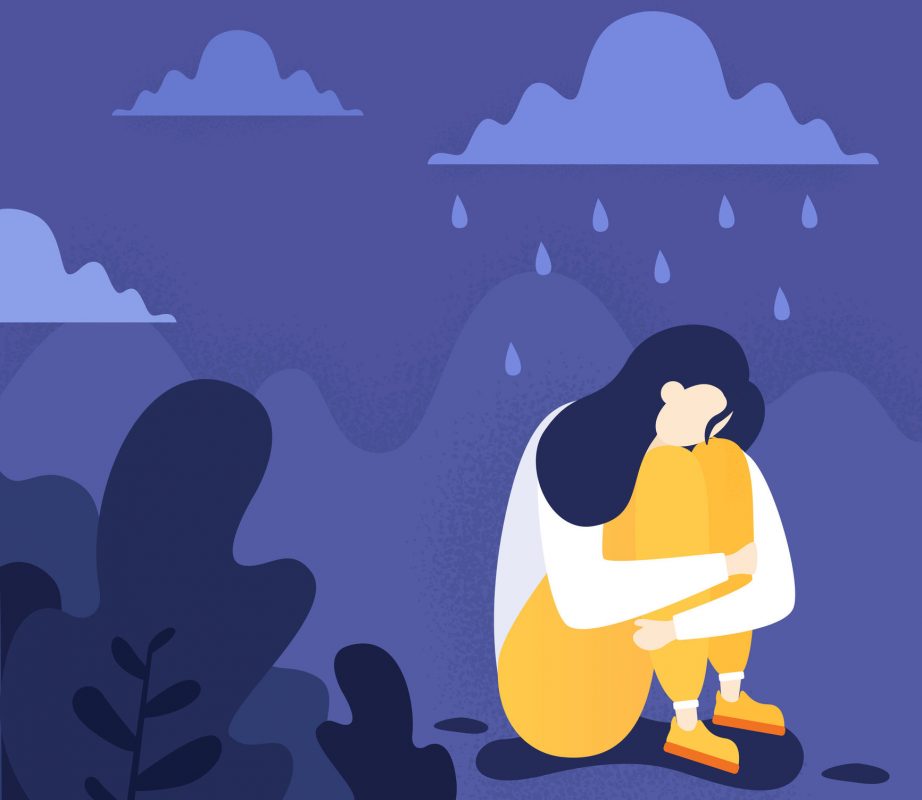
ptsd-symptoms
Usually the first symptoms appear within one (1) month following the traumatic event responsible for the manifestation of the disorder, without this being secure.
There are also cases where the symptoms started to appear years after the event, so confusing the person suffering of the disorder’s origin.
These symptoms have a direct impact on the daily life, affecting the way of thinking, the psychology the perceptive ability and even the motivation for socializing.
Post Traumatic Stress Disorder (PTSD) symptoms bring certain difficulties on communicating with other people, on your work and the overall patient’s health.
Below we see the four categories of the symptoms manifested:
- mood changes
- negative thoughts
- changes in emotional reactions
- painful memories
Not all persons present the same symptoms, their differences based on the type and size of the trauma provoking them.
A change on these symptoms over the time is observed, becoming even more profound and more difficult to manage them.
The range of the Symptoms’ variation
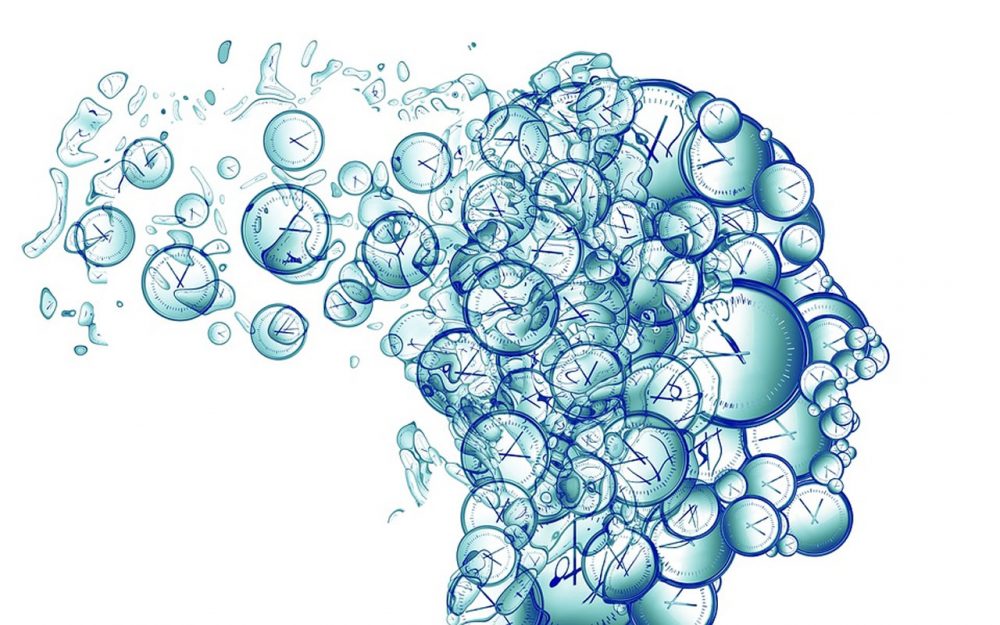
Posttraumatic Stress Disorder (PTSD) has not a single clinical picture.
As already mentioned, the severity of the symptoms, their duration, their degree of difficulty and their tolerance are not only related to the traumatic event, but also to any pre-existing psychological state of the person.
Women maltreated or have been victims constitute a common phenomenon of Post Traumatic Stress Disorder (PTSD).
The symptoms may vary among persons even in the way these are manifested.
A person who suffered a stroke may experience a different symptom (they tend to fear/anticipate a second, fatal this time, incident, and according to ScienceDaily there is some basis in their agony) than a survivor of a war or a woman who has been sexually assaulted, or physically or psychologically maltreated.
What should I do?
The visit to a doctor is the best way to treat this disorder so it doesn’t become a chronic disease.
As soon as any person observes that the psychological, social, or emotional character is affected by bad thoughts, intense anxiety and unnecessary transitions, it would be wise to talk to a specialist.
This person will be able to guide you properly to cope with your daily life, which has been difficult due to negative emotions experienced, while a proper treatment is recommended.
The sooner a medical diagnosis is made, the easier and less painful this disorder is managed.
Time works against the individual involved as every day with no help from a specialist produces negative effects on its psychological health.
Post Traumatic Stress Disorder (PTSD) – Any risks?
Yes. We are talking about a psychological disorder that may escalate and lead to extremely adverse situations.
A large number of patients with PTSD, even showing destructive or suicidal tendencies.
Even if the individual refuses to come to terms with reality, it is very important its close environment to undertake responsibility to provide help (“respond calmly, but act immediately” as proposed by Mayo Clinic).
Mental problems or diseases could never be treated like a cold or influenza. The medical guidance is necessary for each step of the therapy.
Post Traumatic Stress Disorder (PTSD) should never be a taboo.
Many people in your environment suffer from similar psychological illnesses and you don’t even know it (in fact the covid-19/lockdown phase and its impact should not be underestimated according to recent studies published in PubMed).
Don’t ignore the facts, take the opinion of an expert and make your come back to life again.
What causes this disorder
The causes of such a disturbance on a person’s psychism may vary among individuals.
Stressful situations or even frightening events can disrupt the balance of the psychic world and create an endless succession of consequences, resembling the situation when a small piece of stone falls into a calm lake.
However, it is not so simple to define the causes of a disorder. In some cases, the causes are more complex and produce work in combination.
- stressful experiences
- scary / shocking events
- pre-existing psychological problems
- heredity of mental illness
- temperament of the individual
- organism’s hormonal status
Any Age Restrictions?
I am afraid not. There is no specific age range for persons suffering from Post Traumatic Stress Disorder (PTSD). This disorder may come at any stage and any age of a person’s life.
The criteria for making a person more vulnerable to develop this disorder are:
- mental illness.
- heredity of mental illness.
- a past experience of a severe trauma.
- there is no help from the home environment.
- there is a history of addictions or maltreatment.
Could the PTSD lead to other Health complications?
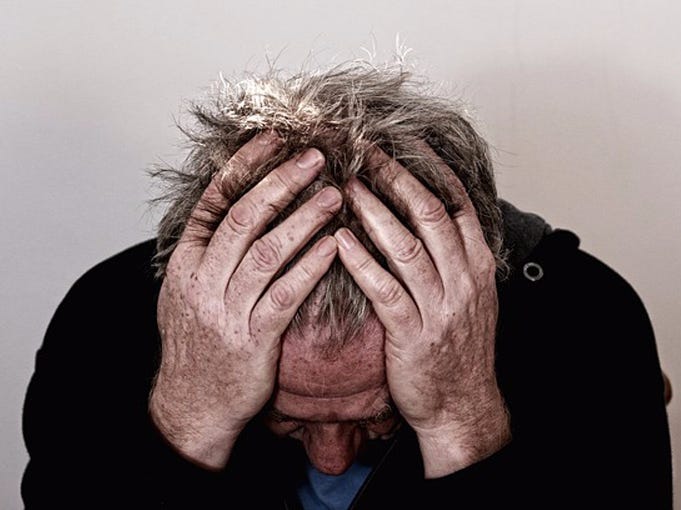
Unfortunately, yes. Posttraumatic Stress Disorder (PTSD) as a mental illness, would provoke the deterioration of any pre-existing mental illness in a person.
Let’s take, for example, the anxiety disorder or depression a person suffered and could become extreme accompanied by suicidal episodes.
Another serious example of Post Traumatic Stress Disorder (PTSD) complications is observed in people with disorders on food consumption (they are three times more likely to develop an addiction to food as reported in WebMD).
Persons with a severe trauma seem to lose complete control of their already existing severe food consumption problems.
Finally, there is also the serious case of persons with abuse and addiction phenomena, presenting an even greater problem of addiction resulting to risk their health and lives.
The Ideal Way to Prevent all this?
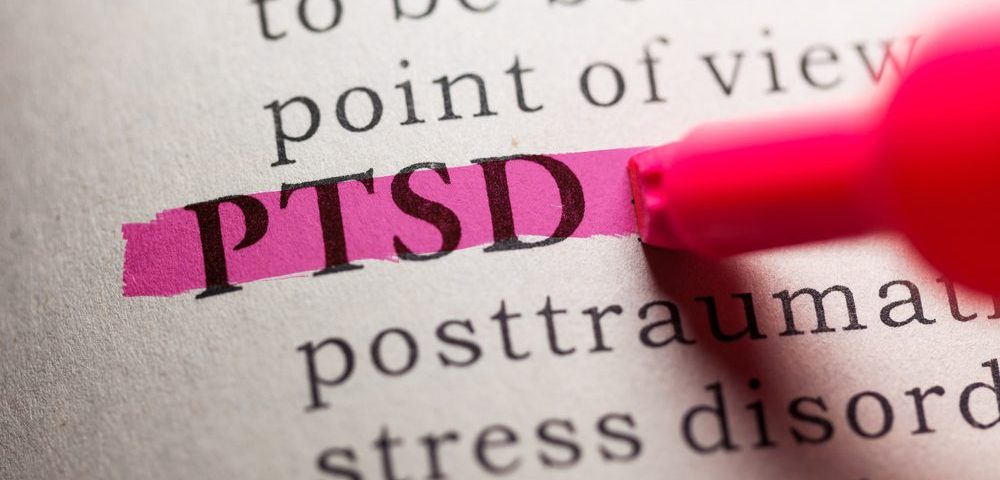
To identify the problem, is the first serious step. Observing any serious change in your psychism or the psychism of a relative following an intense event, take the advice of a specialist so to be able to help the person.
Usually a person suffering from Post Traumatic Stress Disorder (PTSD) is unable to understand or accept the facts happening or the severity of the condition.
By doing so, time is wasted in this fight against the disorder.
Fear, nervousness, intense & uncontrollable anxiety, anger, depression, mood swings & feelings, guilt, are all emotions frequently occurring after a severe trauma or shock.
Early diagnosis by a mental health specialist and a proper therapeutic guidance can save you a lot of mental pain along with any risk for your life.
In any case, – as most people with PTSD admit – a family-friendly environment plays an important role.
Even more important for these individuals the contact with a psychologist, so to be able to confront in a better way any episodes and problems (addiction or abuse) suffered by any family member.
Don’t let the shame you feel to break up a person you love. If you notice symptoms of Post Traumatic Stress Disorder (PTSD) in a familiar home, contact a specialist immediately and convince the person to pay a visit.
The quicker the actions taken, the more likely a person is to recover and resume its normal life.
You have a share of responsibility for those you love and care.
